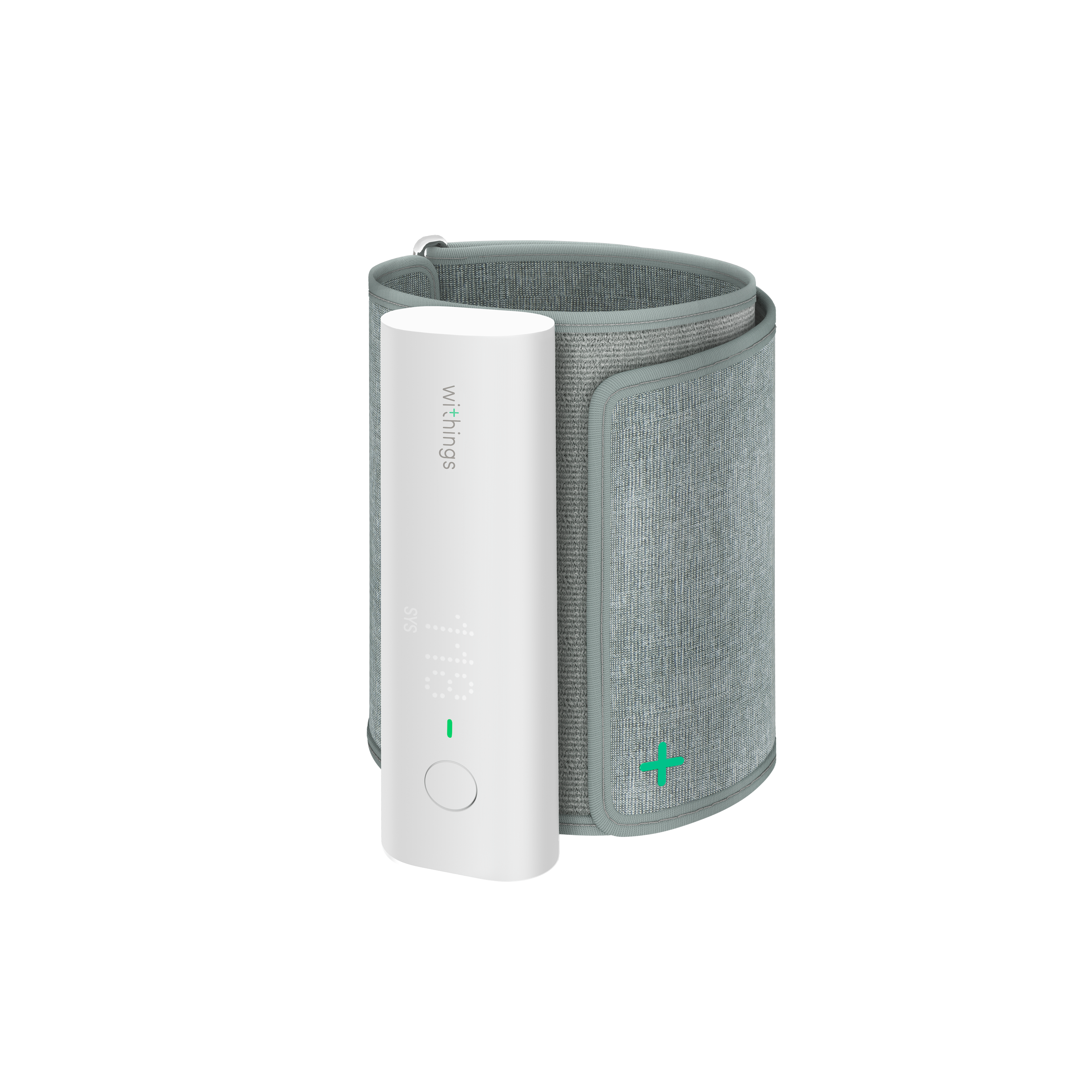
What’s better than curing a disease? Not getting the disease in the first place, of course! Read on to find out everything you need to know about preventive care.
You’ve probably heard the old adage: “Prevention is better than the cure.” Well, that’s the whole raison d’être for preventive care, a form of medicine that focuses on preventing illnesses from developing, rather than treating preventable diseases after they’ve already begun. Just think about it: would you rather deal with the consequences of heart disease, or change your lifestyle and avoid dealing with the problem altogether? Get the lowdown on preventive care, the conditions that it can help with, and some of our very best preventive care tips.
What is preventive care?
If someone asked you to give a summary of the concept of healthcare, you probably define it like this: a responsive action that you take to deal with a disease or sickness which is already underway. And that would be true for most forms of healthcare. But preventive care is a little different. Basically, it’s all about stopping you from getting sick in the first place, and involves a range of different practices, including disease screening, medications, and lifestyle modification. Preventive care is aimed at stopping chronic diseases such as hypertension, obesity, and cancer and can be applied on both an individual and a societal level.
And although preventative care is not new, it is particularly trendy. Hoping to cut off the progression of lifestyle diseases before they become chronic conditions, San Francisco-based startup Go Forward, created by Adrian Aoun and featuring notable investors including NBA star Kevin Durant, has opened clinics in four cities promising unlimited doctor’s visits to give people access to preventative care assisted by technology.
How does preventive healthcare work in a clinical setting?
As we stated in the previous section, preventive care is intended to treat a very wide variety of diseases and conditions. As such, it’s important to visit your doctor even when you’re healthy, so you can screen for diseases, update your vaccinations, discuss medicines/supplements you’re currently taking, talk about alcohol and tobacco usage, and examine your risk of developing diseases like high cholesterol. Some of the tests that may be scheduled to work out whether you are at risk of certain conditions include:
- Blood sugar tests
- Cholesterol tests
- Osteoporosis screenings
- Pap smears
- Mammograms
- Blood pressure tests
- Genetic testing for ovarian cancer or breast cancer
- Tests for sexually transmitted diseases
If any potential health problems are discovered, you and your healthcare provider can start to take the appropriate course of action, giving you the best chance of successfully treating chronic diseases before they become too serious.
Why is preventive care important?
According to the Centers for Disease Control and Prevention, chronic diseases such as cancer, diabetes, and heart disease account for 7 of every 10 deaths in the U.S. every year, as well as 75% of spending on healthcare. In most cases, these sorts of diseases are completely preventable or can be detected through screenings, making treatment much easier.
And what’s more, chronic diseases—also known as lifestyle diseases—are becoming more prevalent across the world. They are responsible for 71% of all deaths every year, and most experts claim that as time goes on, they’ll become more serious. As such, preventive care services are an increasingly necessary part of the solution to this growing health concern.
Preventive care can also have a serious impact on productivity. As many as 69 million employees miss work because of illness every year, which leads to annual losses of $260 billion. And the individual benefits of preventive care could also be substantial. Not only can it help people live longer, but in the long term, you’ll probably end up paying less for your medical bills.
Unfortunately, many people aren’t taking advantage. According to recent data, only 8% of U.S. adults are getting the preventive care services that offer the best chance of improving health. That’s why it’s so important not only to explore your preventive healthcare options, but also to take steps to manage your health at home.
Does preventive care work?
In general, people who take preventive care seriously see strong results. A recent study found that a healthcare model based around personalized preventive care can achieve significantly improved health management outcomes over the course of just 3 years. Other studies have indicated that avoiding smoking, maintaining a healthy weight, and exercising regularly can reduce your risk of developing chronic diseases by around 80%.
And does food matter? Definitely. A new (and really interesting) study from Tufts University researchers found that using insurance to partially cover the costs of healthy food could potentially prevent or postpone 3.28 million cases of cardiovascular disease and 120,000 cases of diabetes.
What can you do to stay healthy?
Outside of regular visits to your doctor, there are plenty of ways that you can follow preventive care principles and stay healthy at home. Avoiding alcohol and tobacco is key, as is maintaining a healthy weight and getting plenty of exercise. According to the U.S. Department of Health and Human Services, Office of Disease Prevention and Health Promotion, you should be getting at least 150 minutes of moderate-intensity aerobic exercise every week.
Bottom line: preventive care is an excellent way of maintaining your health and stopping chronic diseases in their tracks. If you’re interested, why not discuss preventive care with your doctor and see whether there are any preventive care services that could be beneficial for you?



